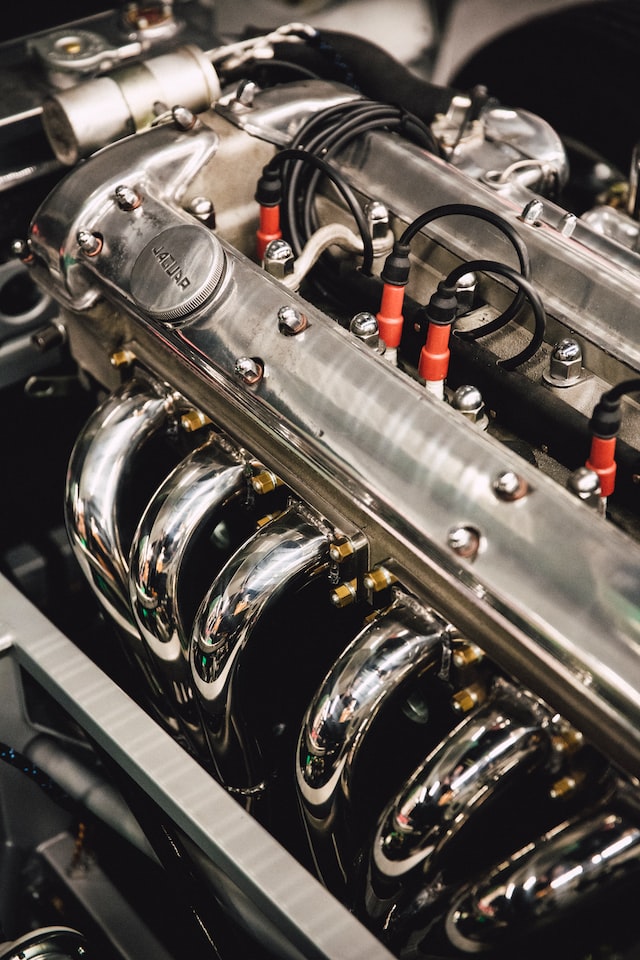The Advantage of Fuel Air Separation is its ability to improve engine performance. It is quieter than a hydraulic system and has a positive pressure flow. This type of fuel flow helps reduce the amount of fuel vapor that entangles with air. It is also environmentally friendly as it does not contribute to emissions.
Fuel Air Separation Improves Engine Performance
A fuel air separation system improves the performance of your engine by removing air and other contaminants. This process can improve fuel economy, throttle response, and engine lubrication. However, there are several limitations associated with fuel-air separation. These include difficulty in installation and the tendency to favor fuel over the air. The system works by removing air from diesel fuel. The system improves engine performance by removing air and reducing NOx emissions. The Single Piece Pump Body eliminates messy gaskets and reduces unit size and weight. Unlike other fuel air separation systems, this system mounts easily on your engine’s frame.
The FASS system helps clean and separate air and water from fuel. It improves overall engine performance, reduces exhaust emissions, and extends transfer pump life. It also enhances fuel mileage. The system also reduces engine noise. It is a great investment to improve the performance of your engine.
In addition to fuel air separation, this technology prevents entrained air from entering the engine. Entrained air can affect engine performance by hindering the proper functioning of fuel injection pumps and injectors. Entrapped air can also affect engine lubrication.
It is Quieter Than a Hydraulic System
Fuel air separation is quieter than a typical hydraulic system. The main difference between these two systems is that hydraulic systems are much larger than pneumatic systems and use a large container for hydraulic fluid. On the other hand, Pneumatic systems operate using compressed air, which is cheap, plentiful, and requires little maintenance. Pneumatic systems also have many advantages over hydraulic systems. For example, they are more durable and require less space and maintenance. Pneumatic systems are also safer than hydraulic systems because they operate on compressed air.
While hydraulic systems are among the most powerful, they are also the most inefficient and technologically deficient. The hydraulic industry is making important advances to solve these problems, partly in response to the competition with electromechanical alternatives and a long-overdue need for better fluid power technology.
It is a Positive Pressure Flow
A fuel air separation system is a system that removes various contaminants and excess fuel from your car’s fuel system. The system works by diverting air from the fuel and maintaining net positive pressure at the engine fuel pump. This helps prevent cavitation. The system’s dual-port design allows the separator to feed from both sides, ensuring quiet operation. The fuel pump also has an adjustable regulator to ensure airflow into the system.
This type of separation is usually operated at atmospheric pressure, so the pressure in the downstream section is usually the same as in the upstream section. The difference in pressure causes a loss of conveying air and can cause problems feeding the air. Therefore, a good feeding device must accommodate the pressure difference.
Another advantage of a negative pressure system is that it’s safer for potentially hazardous materials. However, positive pressure systems may also produce dust if the pipeline coupling is not tightly tightened. Additionally, positive-pressure systems are less likely to be shut down safely.
Fuel-air separation can improve engine efficiency and reduce emissions. However, it has some drawbacks, such as the possibility of blow-by and excess oil entering the combustion chamber. It can also help reduce the number of carbon deposits in the engine and improve its lifespan.




